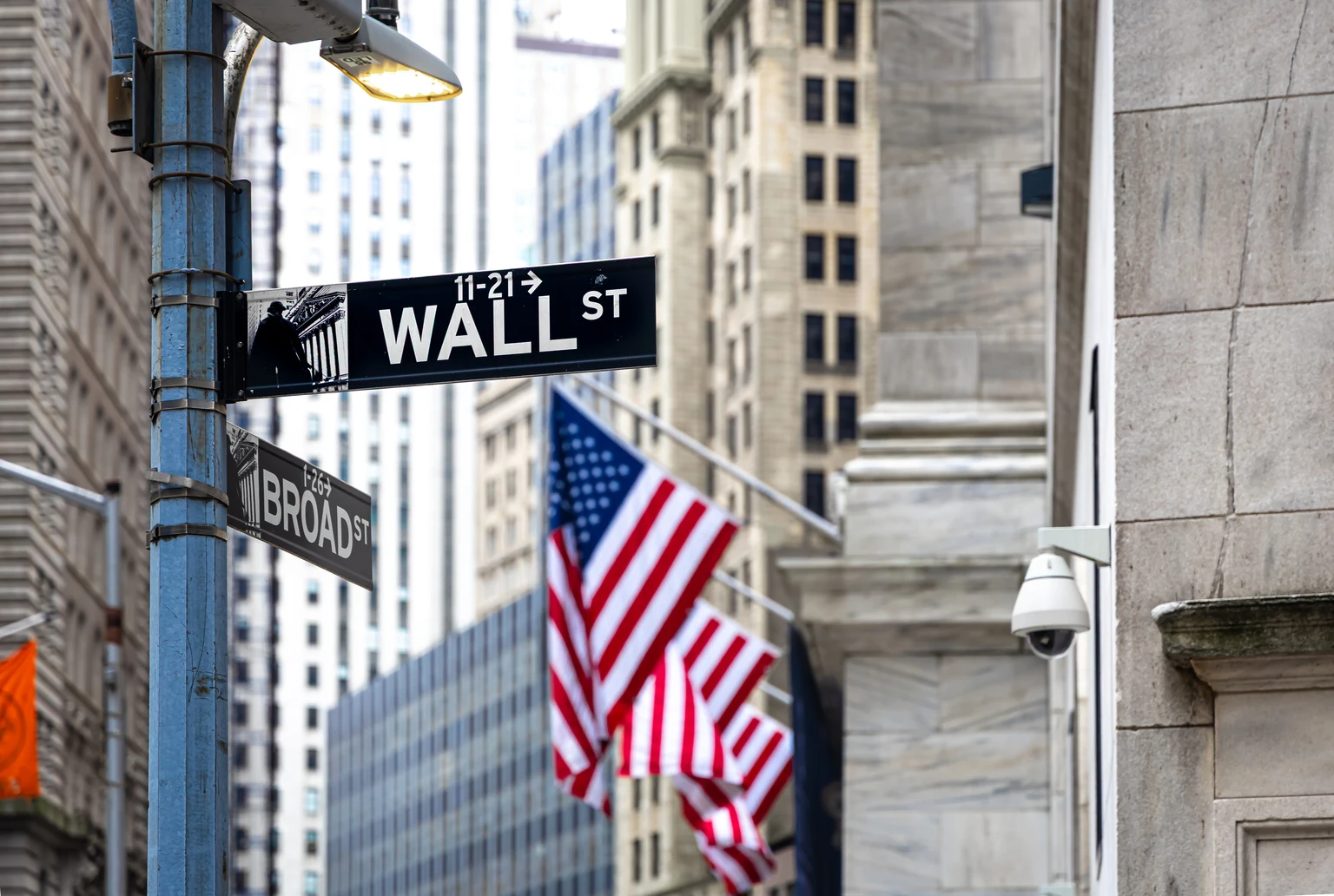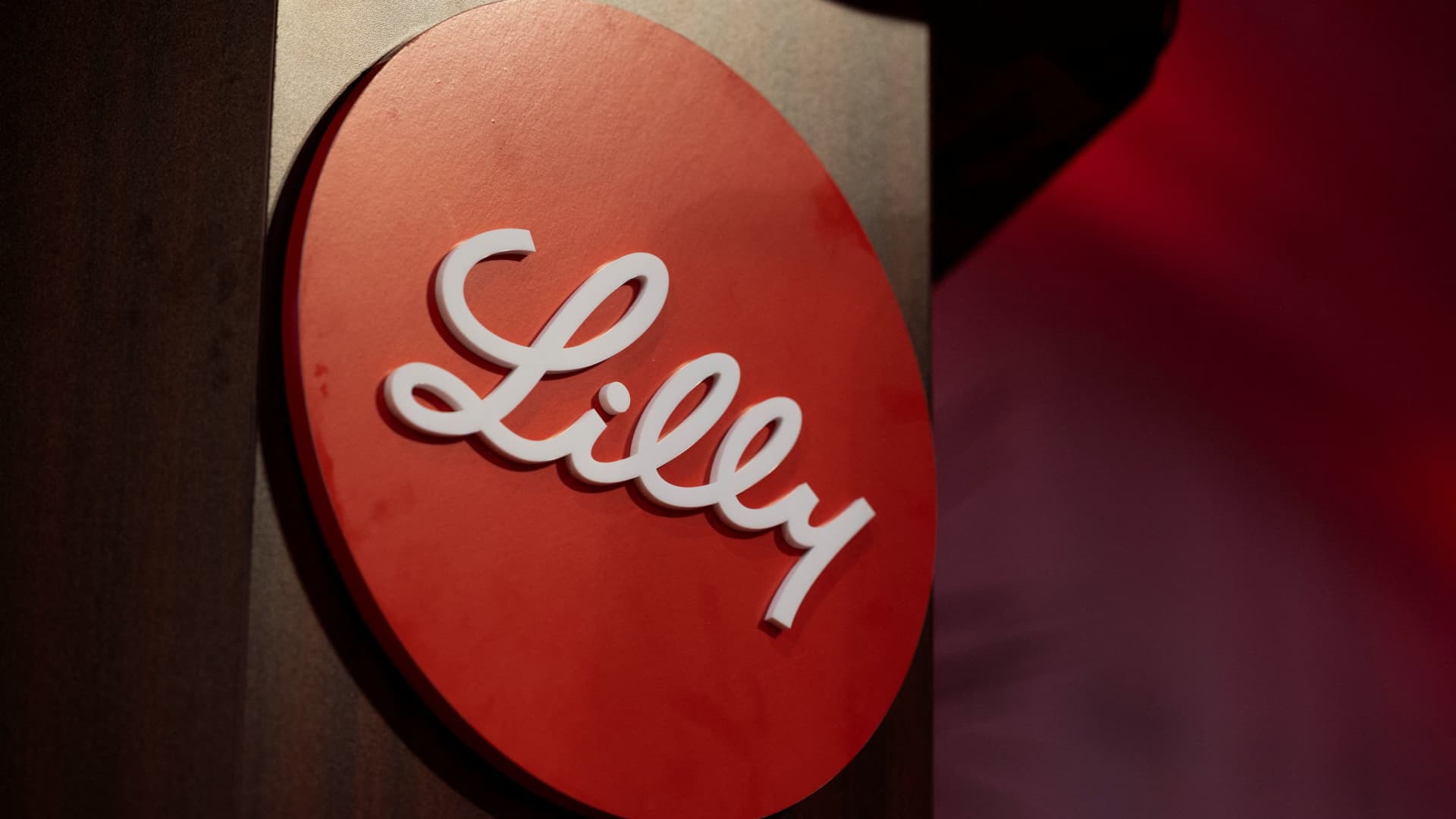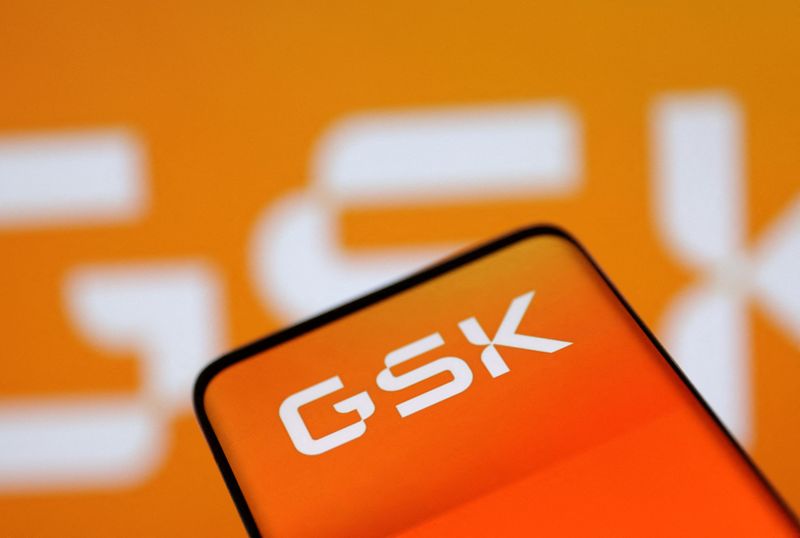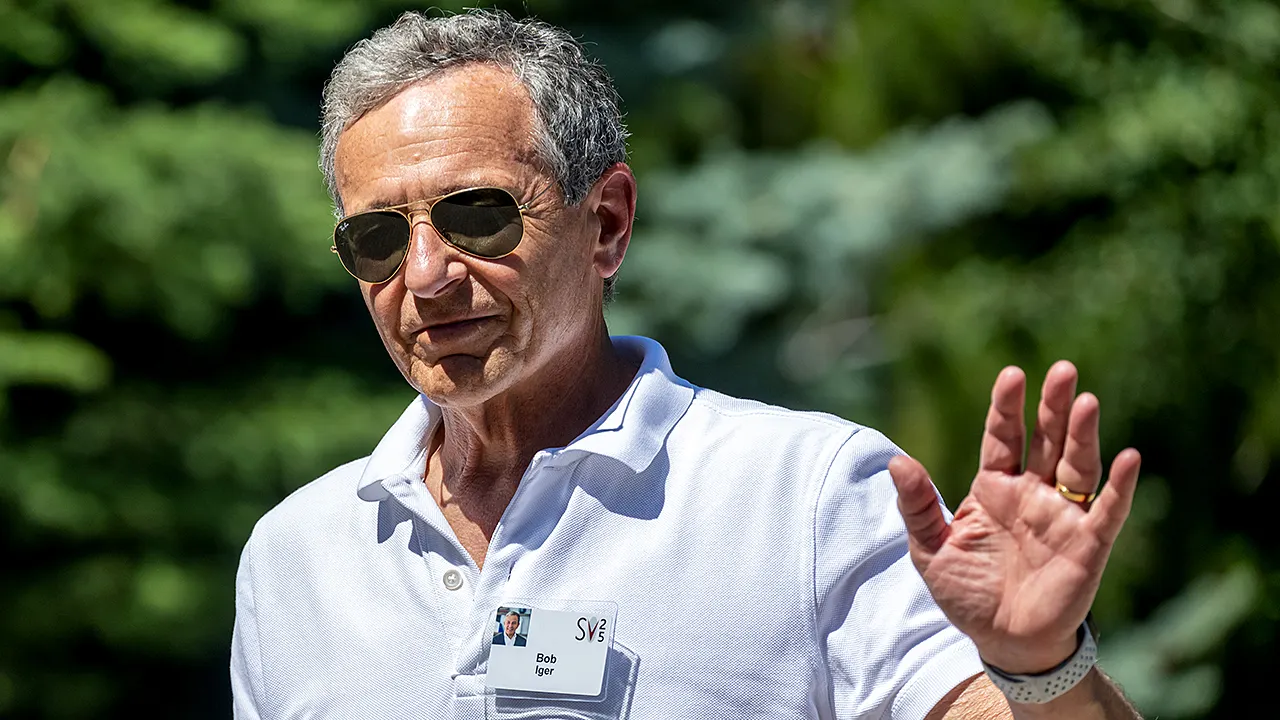In 2026, SEO in Australia is evolving fast with AI-driven search (like Google’s SGE and voice/AEO), zero-click results, E-E-A-T emphasis, and core web vitals as ranking factors. Businesses face tougher competition for organic traffic, making expert agencies essential for sustainable growth. From Sydney’s high-volume markets to Melbourne’s creative scenes and Brisbane’s emerging tech hubs, top SEO firms deliver technical audits, content strategies, link building, local SEO, and performance tracking.
This 2026 review ranks the 20 best SEO companies in Australia, drawn from February 2026 data on Clutch.co, Semrush Agency Partners, GoodFirms, DesignRush, agency blogs, and client feedback. Criteria include verified reviews, case studies, innovation (e.g., AI tools, AEO readiness), results (traffic/lead growth), sector expertise (e-commerce, SaaS, local services), and national coverage. Whether you’re a startup chasing leads or an enterprise optimizing for scale, these agencies stand out.
1. Digital Nomads HQ – Best Overall Australian SEO Agency
Brisbane-based Digital Nomads HQ tops many 2026 lists (including their own updated rankings and Clutch) for holistic, results-focused SEO. They excel in technical SEO, content marketing, and local/national strategies for e-commerce and service businesses.
Key strengths: Transparent reporting, strong keyword research, and proven traffic increases. Pros: High client satisfaction (60+ Clutch reviews), affordable for mid-sized firms. Cons: Primarily Brisbane focus but serves nationwide. Best for: Businesses wanting measurable ROI without fluff.
2. StudioHawk – Top Melbourne SEO Specialist
StudioHawk dominates Melbourne rankings and appears in multiple top lists for specialized organic search. Founded in 2015, they focus on in-depth audits, content clusters, and technical optimizations for competitive industries.
Pros: Ethical white-hat approach, strong E-E-A-T building. Cons: Premium pricing. Best for: Brands in competitive niches needing deep strategy.
3. Supple Digital – Award-Winning Full-Service Leader
Melbourne’s Supple consistently ranks high on Clutch and other directories for integrated SEO with web dev, paid media, and e-commerce. Award-winning campaigns drive sustained rankings.
Pros: Multi-channel expertise, excellent for Shopify/WordPress sites. Cons: Broader services may increase costs. Best for: E-commerce and digital-first brands.
4. Clearwater Agency – High-Impact Technical SEO
Frequently listed on Clutch’s top Australia SEO firms, Clearwater (Cremorne) specializes in technical audits, site migrations, and performance SEO for B2B and SaaS.
Pros: Data-driven, strong core web vitals focus. Cons: More technical than creative content. Best for: Sites needing major optimizations.
5. SIXGUN – Performance & Brand Visibility Expert
Richmond-based SIXGUN earns high Clutch ratings for helping ambitious brands get found via SEO, content, and digital PR.
Pros: Creative yet results-oriented, great for brand storytelling. Cons: Selective client base. Best for: Premium brands and SaaS.
6. Online Marketing Gurus (OMG) – Scalable Growth Powerhouse
Sydney’s OMG appears in many 2026 guides for full-stack SEO, including local and enterprise-level scaling.
Pros: Proven in competitive markets, strong link-building. Cons: Higher volume focus. Best for: Sydney businesses and national campaigns.
7. Safari Digital – Strategic & Results-Driven
Often ranked for ethical, long-term SEO with expertise in content and technical work.
Pros: Transparent processes, good for mid-market. Cons: Less flashy marketing. Best for: Sustainable organic growth.
8. Prosperity Media – SaaS & Tech Specialist
Sydney agency highlighted in SaaS-focused 2026 lists for technical depth and authority building.
Pros: Content scaling, backlink strategies. Cons: Niche in tech/SaaS. Best for: Software companies.
9. Dilate Digital – Perth’s Leading SEO Agency
Perth standout in regional rankings, offering comprehensive SEO for local and national clients.
Pros: Strong West Coast coverage, personalized service. Cons: Regional emphasis. Best for: WA-based businesses.
10. High Voltage SEO – Clutch Leader
Frequently tops Clutch Australia SEO lists for specialized services and client results.
Pros: Focused expertise, high ratings. Cons: Boutique scale. Best for: Targeted campaigns.
11. Salt & Fuessel – Emerging Creative Force
Appears in Clutch top rankings for innovative SEO approaches.
Pros: Fresh strategies, good reviews. Cons: Newer in some lists. Best for: Creative industries.
12. Soup Agency – Boutique Excellence
Clutch-featured for agile, effective SEO.
Pros: Nimble team, strong execution. Cons: Smaller footprint. Best for: Startups and SMEs.
13. Pure Bold – Bold Results in SEO
Noted in top Australia lists for performance-driven tactics.
Pros: Measurable gains. Cons: Competitive niche. Best for: Lead-gen focused sites.
14. Engine Scout – Local & National Hybrid
Strong in local SEO with national reach.
Pros: Google Business Profile mastery. Cons: More local lean. Best for: Service-based businesses.
15. Gorilla 360 – Newcastle & Beyond
Regional leader expanding nationally.
Pros: Full digital integration. Cons: Emerging in major cities. Best for: Regional brands scaling up.
16. Excitemedia – Brisbane Specialist
Brisbane-focused with strong results in local SEO.
Pros: Community ties, effective campaigns. Cons: Primarily QLD. Best for: Brisbane enterprises.
17. Digital Hitmen – Perth Small Agency Star
Semrush-awarded for small agency excellence.
Pros: Versatile services. Cons: Boutique size. Best for: Perth SMBs.
18. Impressive Digital – Content & SEO Blend
Known for content strategies driving rankings.
Pros: High-quality assets. Cons: Content-heavy. Best for: Blog/content sites.
19. Margin Media – Brisbane Award-Winner
Data-led approach in organic growth.
Pros: Strategic depth. Cons: Brisbane-centric. Best for: Award-seeking clients.
20. Talons Marketing – Practical SaaS & E-commerce SEO
Melbourne agency praised for results in Shopify and SaaS.
Pros: Intent-focused, clear execution. Cons: Niche strengths. Best for: E-commerce growth.
2026 SEO Trends in Australia
- AI & AEO → Agencies optimize for generative answers and voice search.
- Core Updates → Focus on quality content and user experience.
- Local SEO Boom → Google Business and reviews critical.
- Measurement → Tools like GA4, Search Console for ROI proof.
- Sustainability → Ethical practices over black-hat risks.
Choosing the Best SEO Company in Australia 2026
- Align with goals (local vs. national, e-commerce vs. SaaS).
- Review portfolios, case studies, and verified reviews (Clutch, Google).
- Ask for audits and transparent pricing ($2k–$15k+/month).
- Prioritize white-hat, long-term partners.
- Start with a trial or audit.
Australia’s SEO scene thrives with these agencies leading the charge—from technical wizards to content powerhouses. Partner wisely for 2026 dominance in organic search.





























































